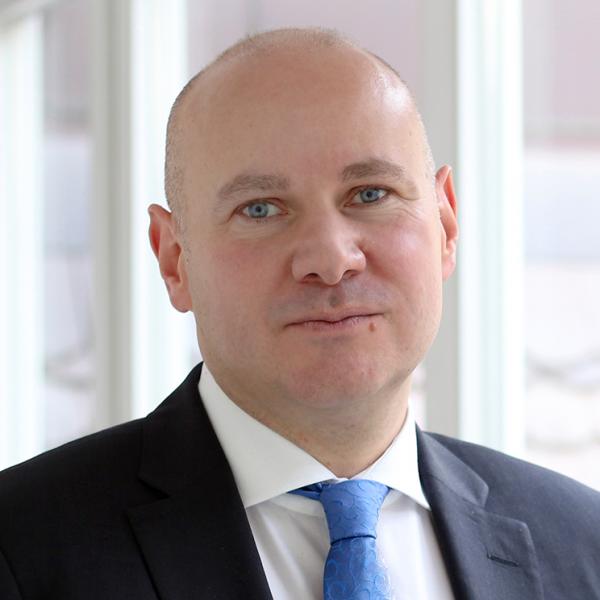Development of European Public Goods and Strengthening of the European Added Value in the Field of Research and Innovation with a Focus on Disruptive Innovations
Project period: April 2020 – June 2020
Research Areas:
Tasks
Groundbreaking innovations in the field of cutting-edge technology – so called disruptive innovations – have the potential to bring about extensive welfare enhancing changes beyond national borders. This charisma may justify, in particular, the public funding of disruptive innovations at European level. The brief expertise deals with the European funding of disruptive innovations and the question of its reasonable design. With the Defense Advanced Research Projects Agency (DARPA), the United States has long had a state agency to promote disruptive innovations. The brief expertise therefore compares the innovation support in the USA with the European funding structure. The aim of the institutional comparison is then to derive insights for the design of disruptive innovation promotion in Europe.
Methods
The expertise is based on a literature review consisting of academic literature and evaluation studies The expertise is based on a literature review consisting of academic literature and evaluation studies on the effects of DARPA and comparable research- and innovation agencies. Building on this, a comparative institutional-economic analysis of the incentive structures for research funding in the EU and the USA with a particular focus on disruptive innovations is carried out.
Data and other sources
Academic literature, evaluation studies as well as annual reports and mission statements of the examined institutions.
Results
Five central lessons for the European support of disruptive innovations can be derived from the institutional comparison. At first the focus of support for disruptive innovations should be on the EU level, as this allows resources to be pooled and risks to be diversified. Projects which are not carried out in member states, can be viable on the European level. Costs are shared and potential rewards benefit all EU countries (spillover effects). Furthermore, a European agency for disruptive innovation should be allowed to operate independently. Both structure and decision-making must be detached from country proportionality to be able to act quickly and unbureaucratically. In the development of disruptive innovations, a person-centered approach has proven its worth in the USA. Instead of rather lengthy peer review procedures, which tend to be status quo biased, the funding decisions should be largely made by suitable individuals. These so-called Program Managers are characterized by a high level of professional expertise and are hired for a limited period of time to solve a particular technological task or social challenge. To this end, they pursue their own ideas and approaches and lead the processes from project idea to the prototype. This approach has the potential to rapidly drive high risk projects forward. To further support disruptive innovation, a greater alignment of the funding institutions by subject area seems reasonable, to build up subject-specific skills that are necessary to define relevant research questions and design funding programs. On top of that, in-depth knowledge allows the assumption of coordinating tasks in a research field. To support the transfer of innovations the USA rely on strategic public procurement. The Department of Defense is a key player in this process, as innovation projects in the USA often arise from military needs; civil use with its implementation in business models and products is a by-product rather than an explicit goal. A more intensive use could also be made of (civil) innovative procurement in the EU, whereby the focus should be placed on the transfer of innovations. In this context, a division of labor appears to be useful in which the promotion of basic research with high spillover potential takes place at EU level while transfer is promoted at the member state level.
Publication
European public goods: The US ARPA system as a role model for promoting disruptive innovation in Europe?
ifo Institut, München, 2020
ifo Forschungsberichte / 117
